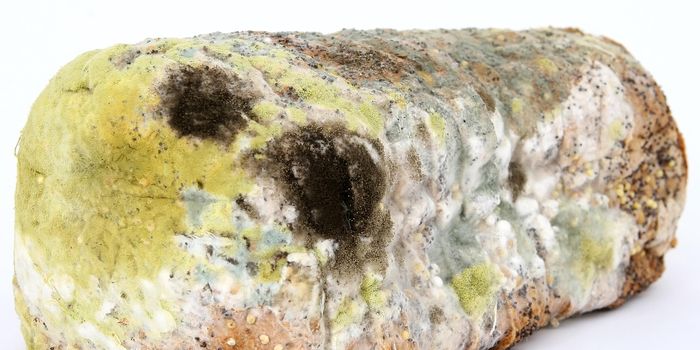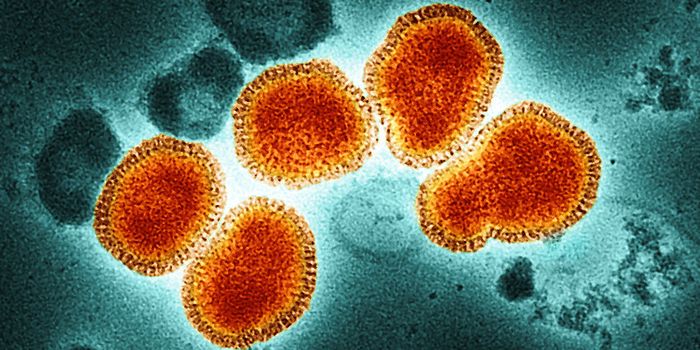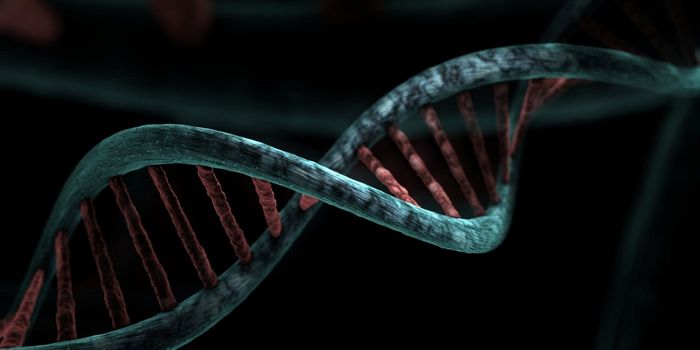The Immune System's Antibodies Target Multiple Microbes
For the first time, scientists found that antibodies produced by the immune system can target multiple microbes, as opposed to just one type of microbe. From the German Cancer Research Center, the new study and discovery of “universal antibodies” will change the way scientists understand the immune response.
"Potential therapeutic use of antibodies is gaining importance because resistance to antibiotics is becoming ever more frequent," explained Heidelberg’s Hedda Wardemann.
Antibodies are immunoglobulin molecules produced by the adaptive immune system in response to a specific pathogenic attack on the body. They target and neutralize unique sugar structures on the surfaces of bacteria and viruses. Because of this, scientists often classify microorganisms by the sugar structures on their surfaces.
In their new study, scientists collected antibodies against a bacterium called Klebsiella pneumoniae from the blood of healthy individuals. Klebsiella is a mostly harmless bacteria for healthy people with strong immune systems. In fact, nearly half of all humans carry Klebsiella in their nose and in the gastrointestinal (GI) tract. This bacterium only causes disease in people with weakened immune systems.
From their study, researchers observed that the antibodies targeted multiple different subgroups of Klebsiella as well as other bacteria, yeasts, and viruses. The antibodies were able to attach to any sugar structure that included a sugar called mannose.
Antibodies used as new treatment for Klebsiella infections in people who have weakened or suppressed immune systems, such as transplant patients or the elderly. Klebsiella is extremely resistant to antibiotics, making the development of a new treatment particularly important.
"A patient with acute septicemia - blood poisoning caused by bacteria - must be treated quickly,” Wardemann explained.
While decades ago the first antibiotics were discovered, produced, and applied to treat devastating bacterial infections, in the present day antibiotics are misused. For example, many hand soaps include antibiotic agents to kill bacteria, although the initial and primary purpose of hand soap is to remove bacteria and dirt from the skin and wash it away - killing the bacteria first isn’t necessary. The overuse of broad-spectrum antibiotics to treat infections is another common misuse of antibiotics.
When antibiotics are used unnecessarily, bacteria learn to become resistant to the molecular mechanisms in these drugs that allow them to kill bacteria. Harmless bacteria share their knowledge with dangerous bacteria, and scientists respond with new, harsher drugs to overcome the resistance. But eventually, scientists might run out of therapeutic options.
The antibodies have already been tested in mice as a therapeutic application for treating infections, and the studies have been successful thus far. Going forward, scientists will design new studies to conduct in humans in a clinical setting.
The present study was published in the journal Nature Immunology.
Sources: German Cancer Research Center, Centers for Disease Control and Prevention, Nature, Pharmacy and Therapeutics









